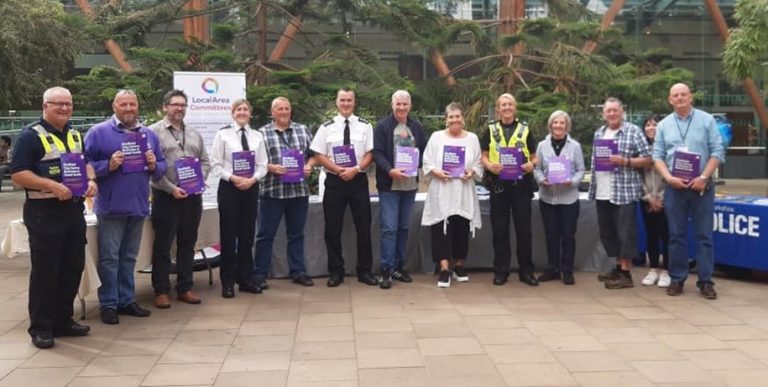- banning cold calls on all financial products such as types of insurance or sham crypto currency schemes
- working with Ofcom to use new technology to further clamp down on number ‘spoofing’, so fraudsters cannot impersonate legitimate UK phone numbers
- banning the use of so-called ‘SIM farms’ commonly harnessed by scammers to reach thousands of people at once
- reviewing the use of mass texting services
- rolling out tailored support to victims at a local level across the whole of England and Wales through the National Economic Crime Victim Care Unit
- launching an independent review of the challenges in investigating and prosecuting fraud to speed up the justice process, punishing more scammers and ensuring sentences match the severity of the impact on victims
- deploying the UK intelligence community to identify and disrupt more fraudsters overseas
- publishing regular data on the volume of fraudulent content hosted on different websites and platforms to incentivise companies to root these out and better protect users.
“I will continue this conversation with tech sector bosses to ensure they are doing everything in their power to disrupt the callous fraudsters operating online and better protect their users.
“Previous Joint Fraud Taskforce meetings have overseen the development and agreement of charters covering sectors such as retail banking and telecoms. The telecommunications charter has already resulted in massive action by the operators, with over 600 million scam texts blocked and vast numbers of scam calls filtered out before they can reach the public.” Representatives also discussed the development of a cross-government anti-fraud public awareness campaign to streamline and simplify messaging to the public. The Security Minister encouraged partners to collaborate with government on the preparation and delivery of the campaign.











